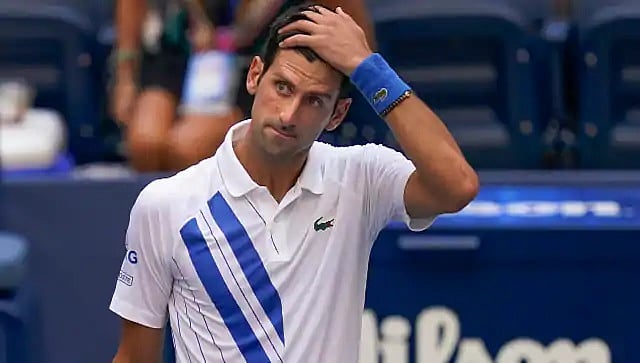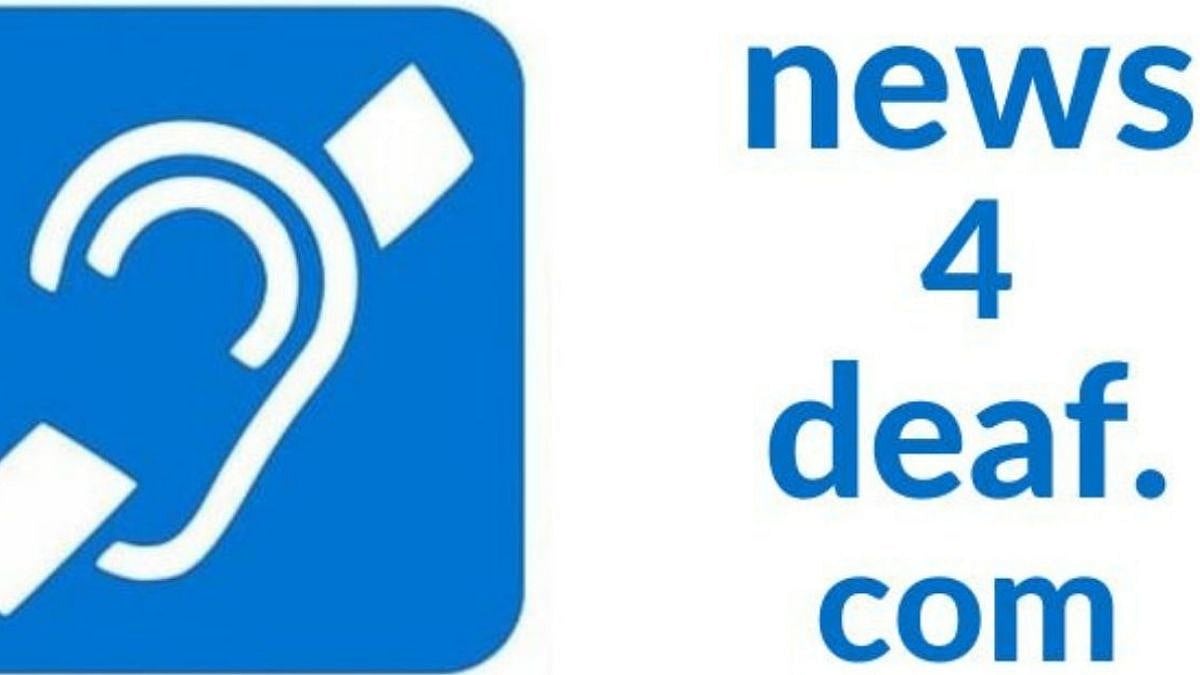Novak Djokovic’s ouster from the US Open came in dramatic and unforeseen circumstances. The world No. 1 was odds-on favourite to win his 18th Grand Slam title after reigning champion Rafael Nadal had pulled out of the tournament because of Covid-19, and Roger Federer because he had still not rcovered from surgery.
Of course, anything is possible in sport, but few would have argued against Djokovic winning this title. His form before the ill-fated fourth round had made it clear he was in prime fitness and form. It would take something extraordinary to stop him.
As it happened, he fell foul of the rule book and was defaulted from the tournament, creating a massive stir – and not a little controversy – not just on the tennis circuit, but the entire sports world.
This was also a double whammy for Djokovic in 2020. Earlier in the year, his well-intentioned but ill-conceived Adria Tour had to be called off in the first leg itself as players, including Djokovic himself, tested positive for Covid, raising a furore.
But what happened to the ATP World Number 1 at the US Open?
Djokovic was broken in the 11th game of the first set of the fourth-round match against Pablo Carreno Busta. Busta now led 6-5 and would have served for the set. Before play could resume, Djokovic hit a tennis ball in frustration and/or anger. The ball hit the line judge behind him.
She collapsed on the court. To his credit, Djokovic realised what he had done and immediately rushed towards her. But it was too late. In a moment of impetuosity, he had caused bodily harm to the line judge.
The rule which got Djokovic defaulted may appear unduly strict to many, but the crux is that singles tennis is not a contact sport. There are no circumstances in the game where players and officials touch each other, except for handshakes before or after the match.
There are, of course, ways in which players and line officials can be hit when the ball is in play. It is entirely possible that a serve gone wrong or a returning shot can hit someone inadvertently. That is not punishable.
But rules about on-court abuse are clear. This includes hitting balls and racquets in anger, physical and verbal abuse. The punishments are also laid out. It could be a series of warnings with fines and/or points lost. Or the punishment could be given for a single violation.
The International Tennis Federation (ITF) runs Grand Slams, and this what its rulebook says:
“In circumstances that are flagrant and particularly injurious to the success of a tournament, or are singularly egregious, a single violation of this Section shall also constitute the Major Offence of ‘Aggravated Behaviour’ and shall be subject to the additional penalties hereinafter set forth.”
US Open Tournament Referee Soeren Friemel had this to say of the Djokovic episode: "Based on the facts that the ball was hit angrily, recklessly; that it went straight at the line umpire's throat; that the line umpire was clearly hurt and in pain, the decision was made that Novak [Djokovic] had to be defaulted.”
Tennis fans have widely discussed intent about this episode, and Djokovic supporters argue vehemently that he did not mean to hurt anyone. He also admitted what he had done: “Yes, I was angry, I hit the ball, I hit the line umpire, the facts are very clear, but it wasn’t my intent, I didn’t do it on purpose”.
But as Friemel explained to the media: “There was no other option. Intent is part of the discussion, but there are two factors: one is the action and [the other] the result. The action, while there was no intent, the result of hitting the line umpire and [her] clearly being hurt is the essential factor in the decision-making process here.”
Default punishments are rare but this is not the first time it has happened. These are some recent instances:
In 2019, Australian Nick Kyrgios was disqualified from the Italian Open for throwing a chair on the court.
In 2017, Dennis Shapalov of Canada was disqualified from the Davis Cup for hitting a ball into the chair umpire’s eye.
In 2012, David Nalbandian of Argentina was defaulted at Queen’s Club after kicking an advertising board into a line judge’s leg.
In 2009, Serena Williams of the USA was defaulted at the US Open semifinal for verbal abuse after fighting with a line judge.
So Djokovic is not alone.
There is another aspect to consider. The mantles of success and fame are heavy, especially for sports stars. They are role models and under greater scrutiny. This makes the obligation on them to follow rules and set an example greater.
Every sport is bound by rules. Even allowing for leniency and mitigating circumstances, too much leeway even for star players makes a mockery of the process. Rules have to apply equally to everyone, regardless of ranking, stature, talent. Unfortunately for Djokovic, he became a victim of his own temper on both counts.
The writer is a senior journalist who has been writing on sports for over 40 years




